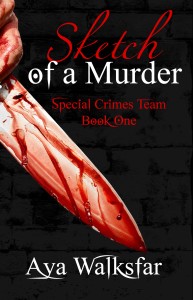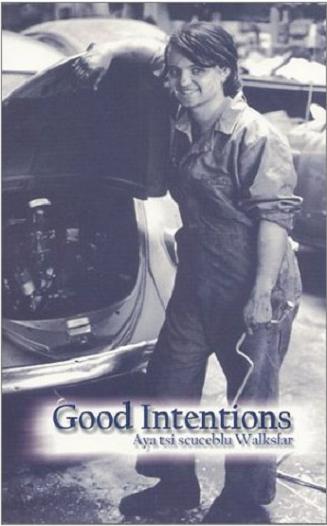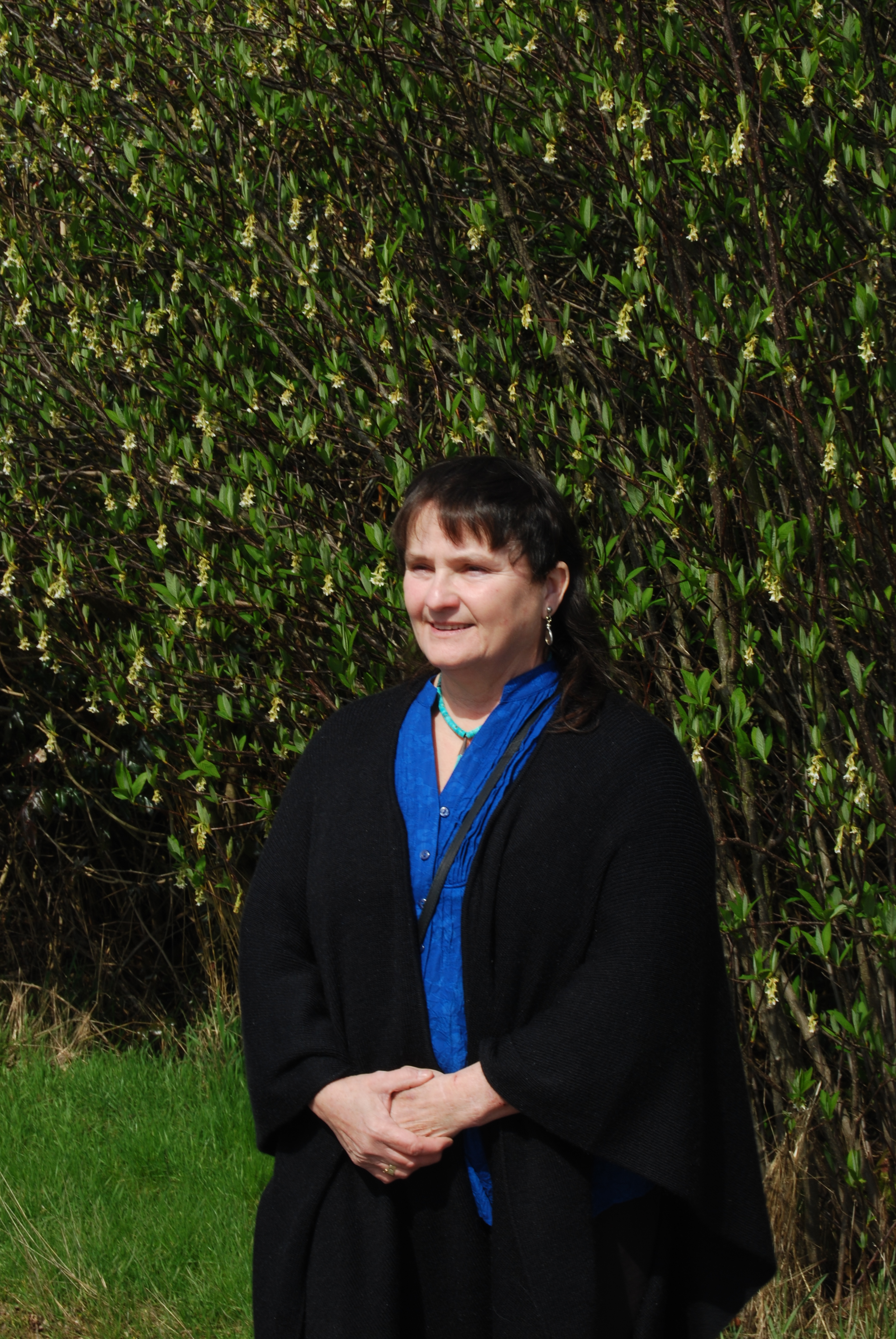Interviewer: (smiles) I am pleased to welcome Officer Juan Rodriguez of the Special Crimes Team. Thank you so much for agreeing to this interview, Officer Rodriguez.
Officer Rodriguez: You can just call me Juan.
Interviewer: Thank you, Juan. You seem quite young to be on such an elite team. How did you happen to become a member of the Special Crimes Team?
Juan: (ducks his head and looks at the floor) Well, ma’am, my captain thought it would be a good opportunity for me.
Interviewer: Did you have to move, like Sergeant Slowater?
Juan: (gives a little shrug) Didn’t matter.
Interviewer: So, you like Seattle?
Juan: (glances up and away) It’s okay.
Interviewer: (slight narrowing of eyes) Tell me about your family, Juan. Do your parents live close-by? Do you have sisters, brothers?
Juan: (takes a deep breath and lifts his chin. Looks steadily at interviewer) I only have a brother, and he’s pulling time for murder. He killed our mother.
Interviewer: (mouth gapes. Closes mouth and stares for a moment) I am so sorry. I had no idea.
Juan: (dips his eyes to his hands in his lap. Picks at his thumbnail) ‘Sokay. I coulda just said I didn’t want to talk about it, but it’s not hard to find the story. It was all over the Concrete Herald for weeks.
Interviewer: (sits back in chair and studies the young man in front of her) Juan, tell me something…. What’s your passion? What is it that you could sit and talk all day about? That if you won the lottery and could quit work, this is what you would do with your life.
Juan: (no hesitation as a big smile creases his swarthy face) #Kids. I’d work with kids. (He scoots to the edge of his chair, his dark eyes sparkling) Ya see, I think Ben wouldn’t have done what he did if he hadn’t gotten involved with a gang. It was what he had to do to make his bones. If, somehow, there had been someone who really cared, someone he coulda looked up to, I think he woulda gone that way.
Interviewer: (in a soft voice) Are you sure that’s not just wishful thinking on your part? Look at you, you haven’t killed anyone.
Juan: (shakes his head) Ben’s older than me. Fact is, the gang made him take out our mom because I went to the police academy. Said he had to prove his blood wasn’t gonna make him a snitch, that he loved his gang more than his family. (His face is earnest as he places his arms on his thighs and leans forward) If he hadn’t done it, they would’ve killed all three of us.
Interviewer: (sighs and shakes head with a puzzled frown) I guess, I don’t understand gang mind set, and I certainly don’t understand how a person could harm their own family.
Juan: (brows raised) It happens all the time. Domestic violence, child abuse, murder for less than what made Ben kill my mother. Murder for greed, for inheriting a house, maybe just because a parent didn’t get the kid the kind of iPod he wanted. And that’s just the physical stuff. Family members hurt each other all the time emotionally. Moms and dads use their kids to punish the other parent; kids bully their siblings.
Interviewer: You’re right. I suppose, I just don’t like thinking about it. What would you do to help break the cycles of violence that young people wind up in? What can one person do? This is a huge social issue.
Juan: (sits up straight and looks interviewer right in the eye) Care. One person can’t change the world; but that one person can change their little corner of the world. When I see a kid bumming, I go talk to him, or her. I try to steer them to a shelter where they’ll be safe. Hook them up with folks who can help them.
Interviewer: What if they don’t want your help? What if they think being out there on the streets, or wherever, is more exciting than home and they don’t want some shelter social worker telling them what to do?
Juan: (a slow smile spreads across his lips) I just keep right on caring. There’s this one kid I see all the time down on Denny Street. On Saturdays, I show up if I’m not working and take him to coffee. I don’t preach at him, don’t tell him what to do or not do. I just have coffee and breakfast with him and listen to whatever he wants to tell me.
Interviewer: Do you really think it’s doing any good?
Juan: (folds his hands in his lap and shrugs) Doesn’t matter. (Makes air quotes) “Doing any good” is a judgment call. I’m not there to judge him, or his life. I’m just there to share what he wants to share with me. Do I think it matters? Yes, it matters. (He leans forward, hands dangling between his knees) Everyone needs someone to care; to care if they live or die; to know that someone would miss them if they were gone. And, (he leans back in his chair) I enjoy spending time with him. He gives me a different perspective, a different take on life. To me, life is about caring; caring and sharing what you can with those you meet.
Interviewer: Wow, you really are passionate about your interactions with young people. Why didn’t you become a social worker?
Juan: Social workers have rules to follow in their interactions with kids, and they should have rules. The only rule I have to follow is to be honest, honest with the kid and honest with myself.
Interviewer: Well, Juan, our time is up, but I really appreciate you opening up a part of your life and sharing it with us today. You certainly have given me a lot to think about.
To learn more about Officer Juan Rodriguez read Sketch of a Murder! http://www.amazon.com/Sketch-Murder-Special-Crimes-Team-ebook/dp/B00KU6AIPQ
Visit Aya on facebook: http://www.facebook.com/ayawalksfar
What does an elderly, homeless woman have to give to anyone? The answer to that question lies within the first case of the Special Crimes Team, Sketch of a Murder.





